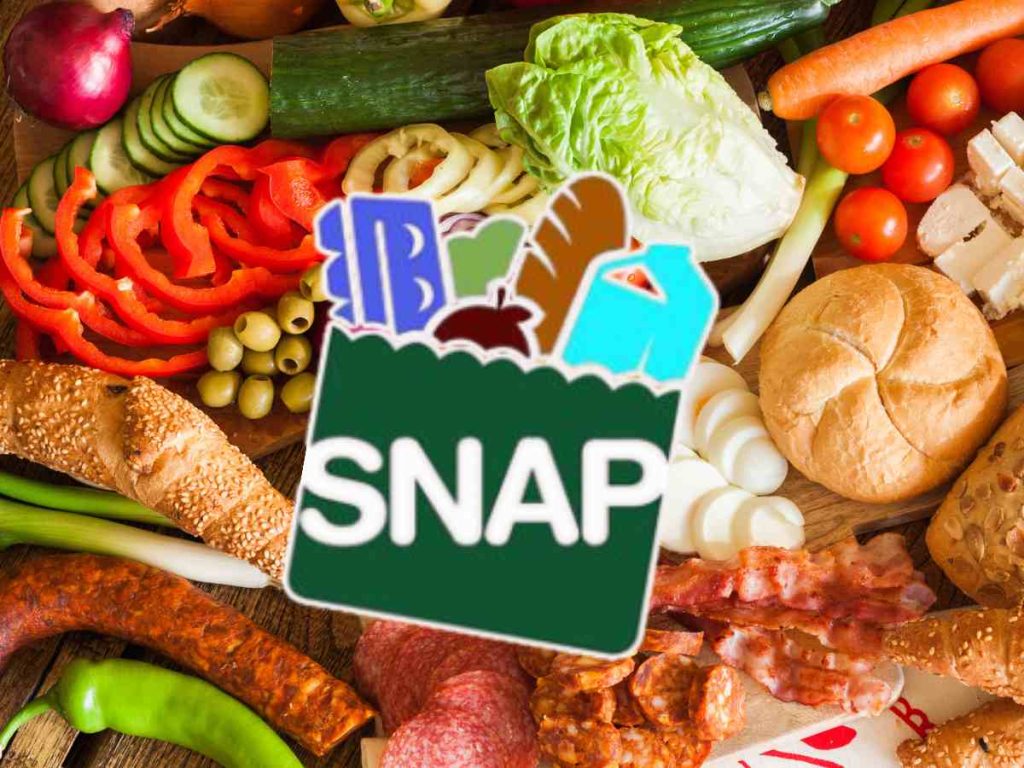USDA has stated that SNAP (Supplemental Nutrition Assistance Program) benefits will be arriving through May 28. The last 2 States to pay Food Stamps will be Florida and Texas. But other States will just have a few paydays left, and they will not be deposited through May 17, 2025. Each State has a different way to arrange paydays, too.
Hence, some SNAP recipients may need to check their case number, their Social Security Number, or even the first letter of their last name, among other possibilities. Food Stamp payments can be worth up to $1,756 if you are 8. A single person can receive up to $292. Thus, the household size matters since it affects amounts.
SNAP payment (Food Stamps) schedule from May 10-17
Quite a few States are delivering the final Food Stamp payments on May 10, 2025. Take, for example, California, Colorado, Idaho, Illinois, Iowa, or Kansa,s whose last payday will be the 10th.
- Alabama: May 4 to 23
Arizona: May 1 to 13Arkansas: May 4 to 13California: May 1 to 10Colorado: May 1 to 10- Delaware: May 2 to 23
- Florida: May 1 to 28
- Georgia: May 5 to 23
Idaho: May 1 to 10Illinois: May 1 to 10- Indiana: May 5 to 23
Iowa: May 1 to 10Kansas: May 1 to 10- Kentucky: May 1 to 19
- Louisiana: May 1 to 23
- Maine: May 10 to 14
- Maryland: May 4 to 23
- Massachusetts: May 1 to 14
- Michigan: May 3 to 21
Minnesota: May 4 to 13- Mississippi: May 4 to 21
- Missouri: May 1 to 22
Nevada: May 1 to 10- New Mexico: May 1 to 20
- North Carolina: May 3 to 21
- Ohio: May 2 to 20
Oklahoma: May 1 to 10Pennsylvania: SNAP due over the 1st ten working days in May 2025South Carolina: May 1 to 10South Dakota: May 10- Tennessee: May 1 to 20
- Texas: May 1 to 28
- Utah: May 11 and 15
- Washington: May 1 to 20
- Wisconsin: May 1 to 15
In total, there are 35 States that are still delivering SNAP benefits in the United States. Apart from these States, it is also possible to receive benefits in Guam (till May 10), the District of Columbia (till May 10), and Puerto Rico (through May 22)
Who may lose SNAP eligibility in May or June?
It is possible that some SNAP recipients have received a renewal kit if their benefits are expiring soon. In this way, they can claim benefits again before they stop once their expiring date is over.
Another important thing to take into account is if you are an Able-Bodied Adult Without Dependents. ABAWD aged 18-54 must work for at least 80 hours per month to collect SNAP payments for over 3 months.
If you do not meet this requirement, your benefits will stop after three months of collecting Food Stamps in a three-year period. Recipients who have additional earnings must report them because they may affect eligibility or amounts.
